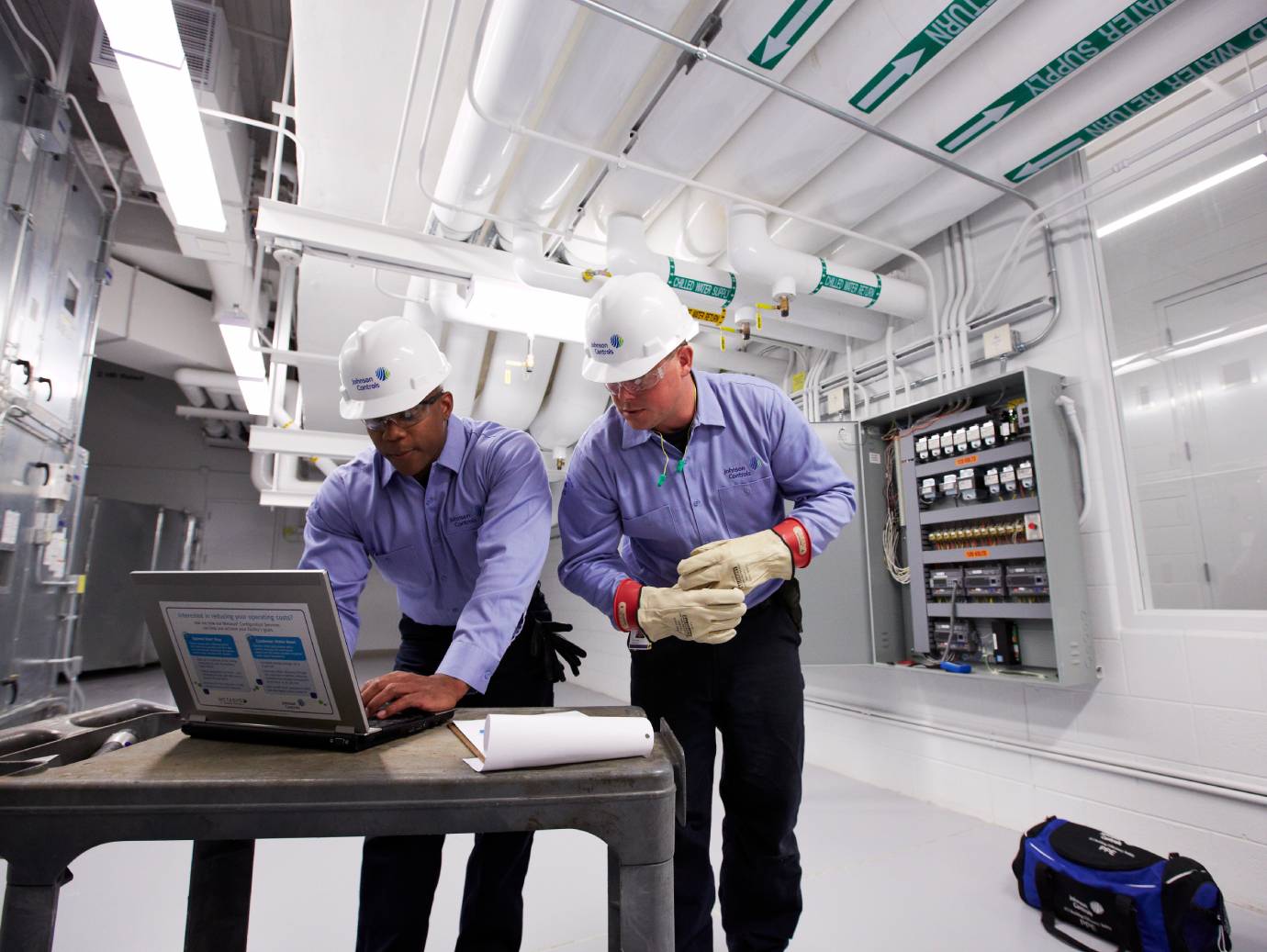The Value of Cooling And Heating Installation: Trick Factors To Consider for a Comfy Indoor Environment
The installation of a HVAC system is a critical component in achieving an energy-efficient and comfy indoor setting. However, the process includes several nuanced considerations that go past merely picking an unit off the rack. Variables such as the viability of the system for certain building needs, right sizing to prevent inefficiencies, and the experience of professionals for a high quality setup play essential duties. The fostering of sophisticated innovations can substantially improve system performance. Yet, understanding these intricacies is just the start of making sure ideal indoor comfort. What are the essential elements that determine effective a/c implementation?
Selecting the Right System

When picking a HVAC system, it is important to assess the capability needed to successfully warmth or cool down the room without straining the system, which can bring about raised wear and functional prices. Consulting with an expert HVAC service provider can offer useful insights into choosing a system that aligns with both the expected usage and the architectural layout patterns of the structure.
Furthermore, thinking about the combination of smart technology can enhance system monitoring and surveillance, using higher control and potential cost financial savings. By thoroughly examining these elements, one can guarantee the selection of a HVAC system that not just satisfies immediate demands however also contributes to lasting operational sustainability and occupant convenience.
Understanding Power Effectiveness
Comprehending power effectiveness is important when considering an a/c installation, as it straight impacts both the ecological footprint and the functional costs of the system. High-efficiency cooling and heating systems are designed to utilize much less energy to attain the exact same degree of comfort as much less efficient designs, thereby minimizing utility expenses and advertising sustainability. The efficiency of an a/c system is generally shown by ratings such as SEER (Seasonal Energy Performance Ratio) for ac system or AFUE (Yearly Gas Usage Performance) for furnaces. Higher scores represent better efficiency and decreased power intake.

Buying an energy-efficient HVAC system not only translates to set you back savings but additionally contributes positively to ecological conservation by lowering greenhouse gas exhausts. Furthermore, many territories provide incentives or refunds for the installation of high-efficiency systems, further improving their financial allure.
When examining energy effectiveness, consider innovative functions such as variable rate motors, clever thermostats, and zoning abilities. These innovations improve the system's ability to get used to varying need, thereby enhancing power use. It is critical to seek advice from HVAC experts that can offer understandings into the very best alternatives tailored to details climate conditions and use patterns, guaranteeing optimal efficiency and comfort.
Relevance of Proper Sizing

On the other hand, an undersized HVAC system will certainly have a hard time to reach the wanted temperature level, especially throughout severe climate condition. This can lead to continuous procedure, resulting in higher power prices and possible overheating of system parts. Furthermore, inadequate sizing can bring about irregular temperature circulation, causing particular areas of a structure to be as well cozy or as well awesome.
To achieve the right sizing, a comprehensive lots calculation is crucial. This includes assessing different factors such as the building's square video, insulation levels, home window kinds, and local environment problems. By precisely figuring out the heating and cooling demands of a space, a/c specialists can recommend systems that make certain efficient operation, minimized energy consumption, and improved indoor convenience.

Making Certain Top Quality Installation
A seamless a/c installment is the keystone of a system's long life and efficiency. Making sure top quality installation includes precise interest to detail, adherence to industry standards, and employing competent specialists. The procedure begins with selecting a skilled and certified HVAC professional. This professional should have thorough understanding of diverse systems and be proficient at examining the particular needs of the structure.
Correct setup surpasses plain positioning of devices. It involves specific calibration to guarantee optimal air flow, efficient power usage, and uniform temperature level distribution. This consists of accurate ductwork installment, making certain links are secure and leak-free, which is important for maintaining system effectiveness and indoor air high quality.
Additionally, the implementation of sophisticated analysis tools throughout installation can find possible issues early, avoiding costly repair work and extending the life-span of the system. The service provider should also make sure that all components work which the system adheres to local structure codes and regulations.
Routine Upkeep Practices
When the foundation for a high-performing HVAC system is established through quality installation, the focus should hvac c shift to routine upkeep techniques to make sure ongoing effectiveness and dependability. Routine upkeep not only extends the lifespan of the system yet additionally boosts interior air high quality, lowers power intake, and protects against expensive repair services. Necessary maintenance tasks include consistently transforming air filters, cleaning up evaporator and condenser coils, and examining the system for clogs or leakages.
Air filters must be changed or cleaned up every one to 3 months, depending upon usage and ecological aspects. This easy task can considerably improve air circulation and system effectiveness (Plumber in Brownwood TX). Cleaning the evaporator and condenser coils stops dust build-up, which can prevent warm absorption and air conditioning capability. In addition, expert technicians need to check the system yearly, looking for refrigerant degrees, electrical connections, and total click for source system performance.
Focus to ductwork is likewise vital; sealing and cleansing ducts regularly stops air loss and contamination. Applying a maintenance routine makes certain that small concerns are dealt with before they rise, safeguarding the system's operational integrity. By adhering to these maintenance methods, property owners can optimize their a/c system's capability and maintain a comfortable indoor atmosphere year-round.
Verdict
By choosing a suitable system tailored to particular structure needs, comprehending energy efficiency, and ensuring proper sizing, ineffectiveness can be reduced. The participation of skilled specialists assurances quality setup, while the integration of innovative technologies boosts system performance and surveillance.
Several types of HVAC systems are readily available, including split systems, crossbreed systems, duct-free systems, and packaged home heating and air systems, each with unique benefits and limitations.
Comprehending power efficiency is crucial when considering a Cooling and heating installation, as it directly influences both the environmental footprint and the functional prices of the system. The efficiency of an A/c system is typically suggested by rankings find out such as SEER (Seasonal Power Efficiency Ratio) for air conditioners or AFUE (Yearly Gas Utilization Effectiveness) for heaters (Brownwood TX HVAC Contractor).Once the structure for a high-performing A/c system is established with top quality installment, the emphasis needs to shift to regular upkeep methods to ensure continued effectiveness and dependability. In addition, specialist service technicians should inspect the system yearly, checking for refrigerant levels, electrical links, and total system efficiency
 Kel Mitchell Then & Now!
Kel Mitchell Then & Now! Robert Downey Jr. Then & Now!
Robert Downey Jr. Then & Now! Kenan Thompson Then & Now!
Kenan Thompson Then & Now! Lucy Lawless Then & Now!
Lucy Lawless Then & Now! Dawn Wells Then & Now!
Dawn Wells Then & Now!